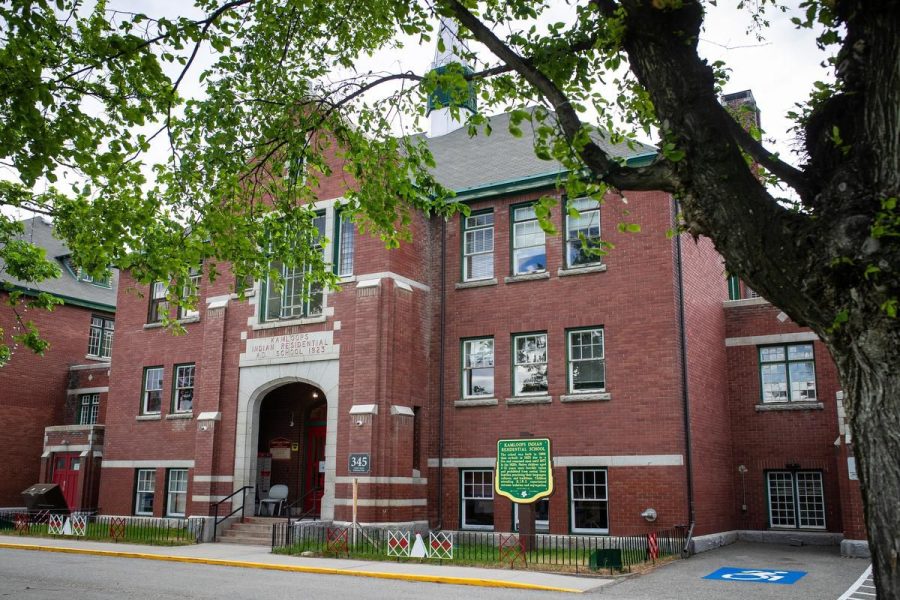The remains of 215 children, some as young as three years old, were discovered at the site of a former Indigenous children’s residential school in Canada, a find that Prime Minister Justin Trudeau termed as “heartbreaking.”
According to the Tk’emlps te Secwépemc Nation, the youngsters were pupils at the Kamloops Indian Residential School in British Columbia, which closed in 1978. The bones were discovered with the assistance of a ground-penetrating radar expert.
We had a knowing in our community that we were able to verify,” Tk’emlúps te Secwépemc Chief Rosanne Casimir said in a statement. “At this time, we have more questions than answers.”
A six-year review into Canada’s now-defunct residential school system determined that it constituted “cultural genocide” by forcefully separating Indigenous children from their families.
Many of the 150,000 children who attended the schools, which were generally managed by Christian churches on behalf of Ottawa, Canada from the 1840s to the 1990s, faced horrible physical abuse, rape, hunger, and other horrors, according to the study.
More than 4,100 youngsters died while attending a residential school, according to the report. The deaths of the 215 children buried on the grounds of what was formerly the biggest residential school in Canada are thought to have been overlooked and unreported until their discovery.
Trudeau wrote in a tweet that the news “breaks my heart – it is a painful reminder of that dark and shameful chapter of our country’s history”.
The news that remains were found at the former Kamloops residential school breaks my heart – it is a painful reminder of that dark and shameful chapter of our country’s history. I am thinking about everyone affected by this distressing news. We are here for you. https://t.co/ZUfDRyAfET
— Justin Trudeau (@JustinTrudeau) May 28, 2021
The Canadian government officially apologized for the system in 2008.
The Tk’emlps te Secwépemc Nation said it was talking to the coroner and reaching out to the families of the school’s students. They hope to get early results by the middle of June.
In a statement, Regional Chief Terry Teegee of the British Columbia Assembly of First Nations termed uncovering such gravesites “urgent work” that “refreshes the grief and loss for all First Nations in British Columbia”.
Read more: https://pakobserver.net/international/










